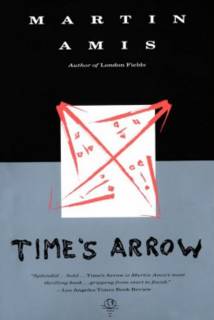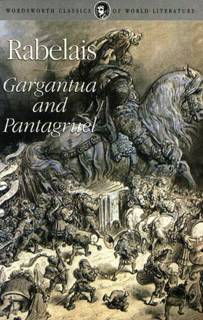Possibly Pointless Book Review #2:
What if the order of time is nothing more than human perception? In Kurt Vonnegut’s “Slaughterhouse-Five,” a theory is proposed that the individual moments in life are the essential components of existence, no matter what order those events take place. At one point, the protagonist, Billy, perceives a war film in reverse: Instead of building bombs, the factory workers in the film dissemble their weapons. They are bringers of peace, not war.
Martin Amis expertly weaves this concept throughout a serpentine plot in “Time’s Arrow,” where the world runs in reverse to everything we’ve ever known. Humans are born from the grave, growing younger and younger until they begin an intense platonic relationship with a woman who eventually becomes their only love, their mother, whose breasts they will suckle for countless hours; until the day they enact the most intimate act imaginable, merging with their caretaker. In the end, their father will use sex to rip the last spark of their existence in two, stealing their life energy for himself.
Amis ups the ante by spinning his story around a Nazi-era doctor. In this world, physicians bring corpses to life, insert cancer into healthy patients, and break perfect bones. And the Nazis aren’t burning Jews: They’re creating them—by the millions.





